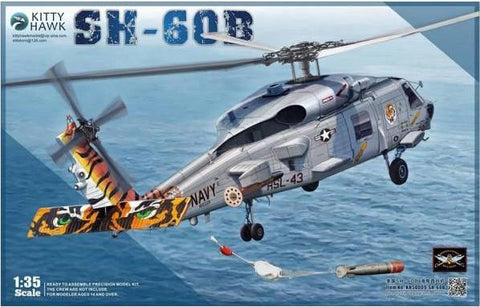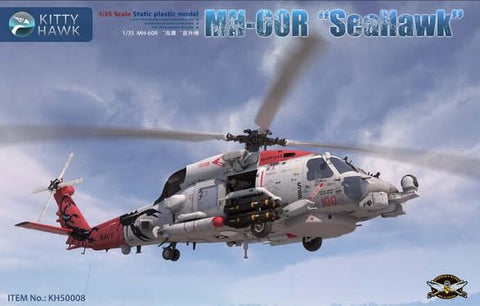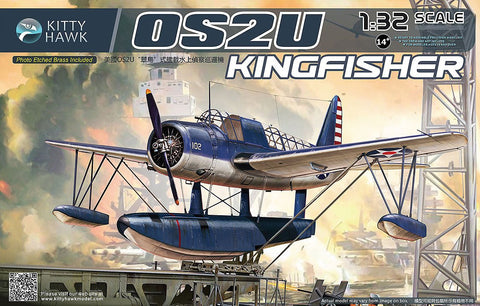One of the most enduring military aircraft designs ever introduced, Northrop Grumman Corporation's F-5 tactical fighter series has served its customers over more than four decades. The F-5's initial flight was July 31, 1963, at Edwards Air Force Base, Calif.
The F-5 is an agile, highly maneuverable, reliable supersonic fighter, combining advanced aerodynamic design, engine performance and low operating costs. More than 2,600 were built by Northrop Grumman and under co-production and licensing agreements with Canada, the Republic of China, the Republic of Korea, Spain and Switzerland.
From the F-5's first delivery in 1964 to its final one in 1989, every aircraft was delivered on schedule, at or below the contract price, and with performance, as promised. Approximately two-thirds of the original production F-5's remain operational in 26 countries, including the United States. The U.S. Navy operates the F-5 in its adversary squadrons to simulate enemy aircraft in aerial combat training exercises. The U.S. Air Force used the F-5 in a similar training role.
The F-5 is an agile, highly maneuverable, reliable supersonic fighter, combining advanced aerodynamic design, engine performance and low operating costs. More than 2,600 were built by Northrop Grumman and under co-production and licensing agreements with Canada, the Republic of China, the Republic of Korea, Spain and Switzerland.
From the F-5's first delivery in 1964 to its final one in 1989, every aircraft was delivered on schedule, at or below the contract price, and with performance, as promised. Approximately two-thirds of the original production F-5's remain operational in 26 countries, including the United States. The U.S. Navy operates the F-5 in its adversary squadrons to simulate enemy aircraft in aerial combat training exercises. The U.S. Air Force used the F-5 in a similar training role.
Features & Options:
- Nicely detailed ejection seat
- Beautifully detailed cockpit
- Relief detail provided in instrument panel, designed to be overlayed with instrument panel decal
- Details behind the ejection seat headrest nicely done
- Canopy lift mechanism nicely replicated (designed to be displayed open only)
- Choice of no pilot, resin seated pilot, or resin standing pilot
- Nicely detailed landing gear and gear wells
- Tires are 'weighted'
- Nose gun bays are nicely detailed
- Gun bay doors provided for 'open' display
- Choice of early radome or 'sharknose' radome
- Radar dish provided if you want to display the aircraft with radome removed
- Two J85 engines provided though not overly detailed/complex
- Choice of styrene or resin afterburner nozzles
- Photo-etched splitter plate inserts with nice holes for the boundary air flow
- Choice of open or closed auxiliary intake shutters
- Positionable rudder
- Positionable ailerons
- Positionable stabilators
- Positionable leading and trailing edge flaps
- Positionable speed brakes
- Beautiful wingtip missile rails with hollow tracks
- 'Optional' antennas and dispensers (see builder's notes)
Among the external stores options included in the kit:
- 2 x 275 gallon underwing external fuel tanks
- 1 x centerline fuel tank
- 2 x Mk.82 500lb bombs with choice of three fuses
- 2 x Mk.20 Rockeye cluster bombs
- 2 x AIM-9 Sidewinders with choice of AIM-9B or AIM-9L/M seeker heads
- 2 x AIM-7 Sparrow (never carried on the F-5E though proposed for the later F-5G)
Markings are included for nine options:
- F-5N, 76-1543, VFC-111, AF/101, NAS Key West, USN, Skipper's aircraft
- F-5N, 76-1557, VFC-111, AF/106, NAS Key West, USN
- F-5E, 50-521, RoKAF
- F-5E, 70-1431, IRIAF
- F-5E, 873, Royal Singapore Air Force
- F-5E, 4605, FAM (Mexican Air Force)
- F-5E, 70-1401, 425 TFTS, Williams AFB, USAF
- F-5E, 70-1405, 425 TFTS, Williams AFB, USAF
- F-5E, 4835, FAB (Brazilian AF)













